Before Max Verstappen became the youngest Formula 1 race winner in history, before he claimed back-to-back world championships with Red Bull Racing, and before he rewrote the record books with a 21-win season in 2023, he was just a fiercely determined kid tearing up karting circuits across Europe. Recently unearthed early footage of Verstappen’s karting days offers a fascinating glimpse into the raw talent and relentless drive that would later define his F1 career.
The grainy, sun-drenched videos show a prepubescent Verstappen, barely tall enough to reach the pedals of his CRG kart, executing overtakes with a precision that belied his age. What’s immediately striking isn’t just his speed—though he was consistently 1-2 seconds per lap faster than competitors—but his racecraft. Even at 10 years old, he displayed an uncanny ability to defend positions while managing tire wear, a skill that would later make him nearly unbeatable in wheel-to-wheel F1 battles.
Jos Verstappen’s influence permeates these early recordings. The former F1 driver turned karting coach can be seen crouching beside his son’s kart between heats, using hand gestures to explain complex racing lines. In one poignant scene, after young Max spins out, Jos doesn’t console him—instead, they immediately review data logs together. This uncompromising approach forged a driver who views mistakes as puzzles to solve rather than failures to lament.
The footage from the 2006 Belgian Karting Championship reveals Verstappen’s first legendary duel with future F1 rival Charles Leclerc. Their wheel-banging final lap battle—complete with late-braking moves that would make an F1 steward nervous—shows both prodigies already operating at a different level. Interestingly, while Leclerc’s style appears more fluid, Verstappen’s aggressive weight-transfer techniques hint at the car control that would allow him to master F1’s 2017-2021 high-downforce monsters.
What the cameras didn’t capture was perhaps more telling. Mechanics from that era recall a 12-year-old Max staying up until 2 AM to rebuild engines, then waking at 6 AM to test setup changes. His pre-race rituals—methodically adjusting his own seat position, checking tire pressures with a handheld gauge—mirror exactly what he does today in the Red Bull garage. This wasn’t just a talented kid; this was someone constructing himself as a racing machine, component by component.
The transition from karts to cars came shockingly early. At 16, Verstappen bypassed traditional junior formulas to compete in F3. Watching his final kart races now, you can see why—his ability to rotate the kart mid-corner using only throttle modulation suggests an innate understanding of vehicle dynamics that most drivers spend decades acquiring. When he famously debuted in F1 at 17, the paddock gasped at his audacity. Those who’d seen the karting tapes weren’t surprised.
Perhaps the most revealing clip comes from a 2009 winter series in Genk. After being taken out by an overambitious move from a rival, a 12-year-old Verstappen doesn’t throw his gloves in anger as others might. Instead, he stalks to the edge of the track, arms crossed, studying every remaining lap with laser focus. The same cold analysis would later produce his clinical 2021 Abu Dhabi finale overtake on Hamilton. The fire was always there—it just burned differently.
These rediscovered videos confirm what F1 has learned the hard way: Max Verstappen didn’t emerge fully formed as a champion. Every millimeter of his racing genius was earned through thousands of unnoticed laps, through winters spent tuning clutches instead of playing video games, through a childhood where winning wasn’t hoped for—it was demanded. The karting tracks of Europe weren’t just his playground; they were his laboratory. And the experiments conducted there changed Formula 1 forever.
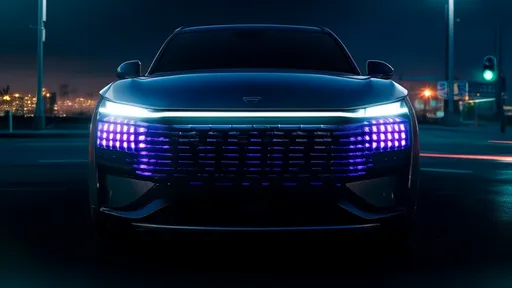
By /Jun 15, 2025

By /Jun 15, 2025

By /Jun 15, 2025

By /Jun 15, 2025
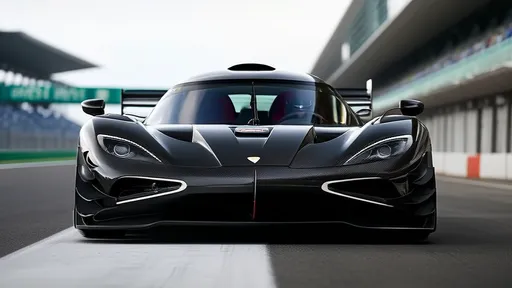
By /Jun 15, 2025
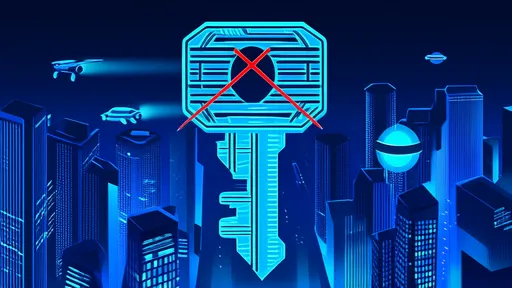
By /Jun 15, 2025

By /Jun 15, 2025
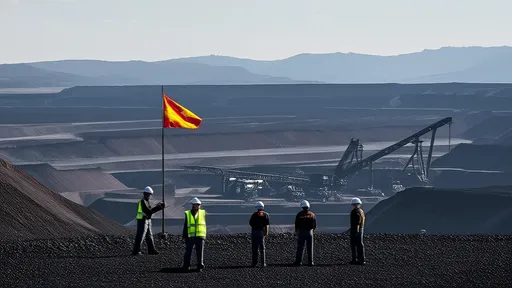
By /Jun 15, 2025
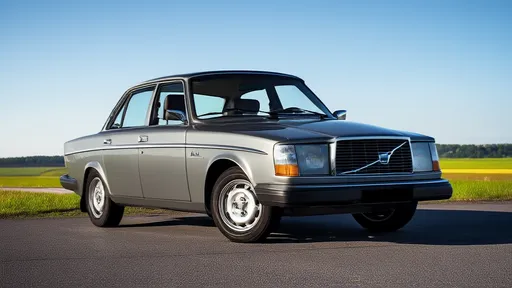
By /Jun 15, 2025
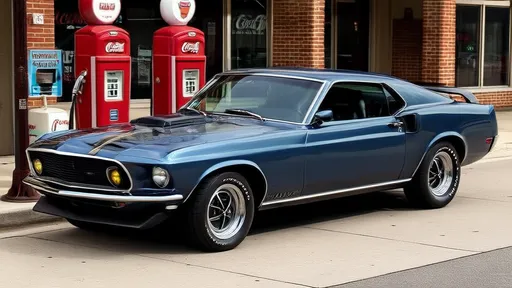
By /Jun 15, 2025

By /Jun 14, 2025
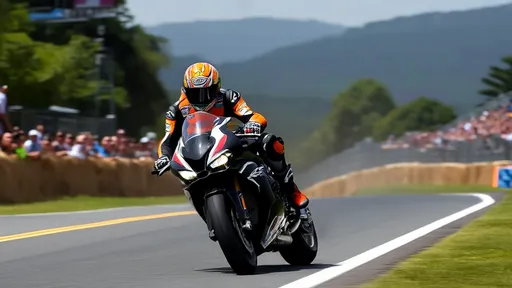
By /Jun 14, 2025

By /Jun 14, 2025
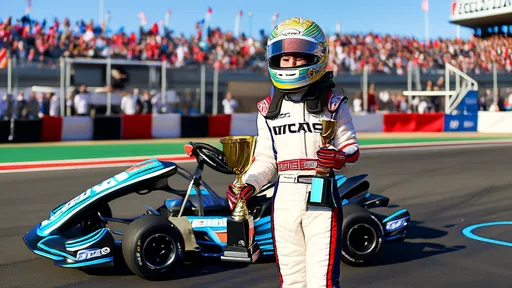
By /Jun 14, 2025

By /Jun 14, 2025
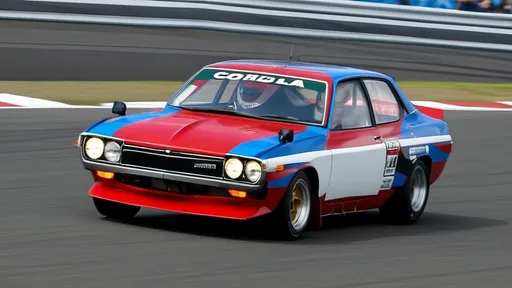
By /Jun 14, 2025
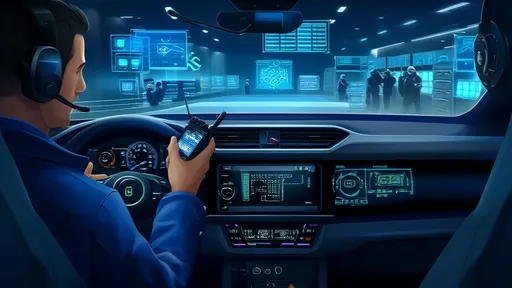
By /Jun 14, 2025